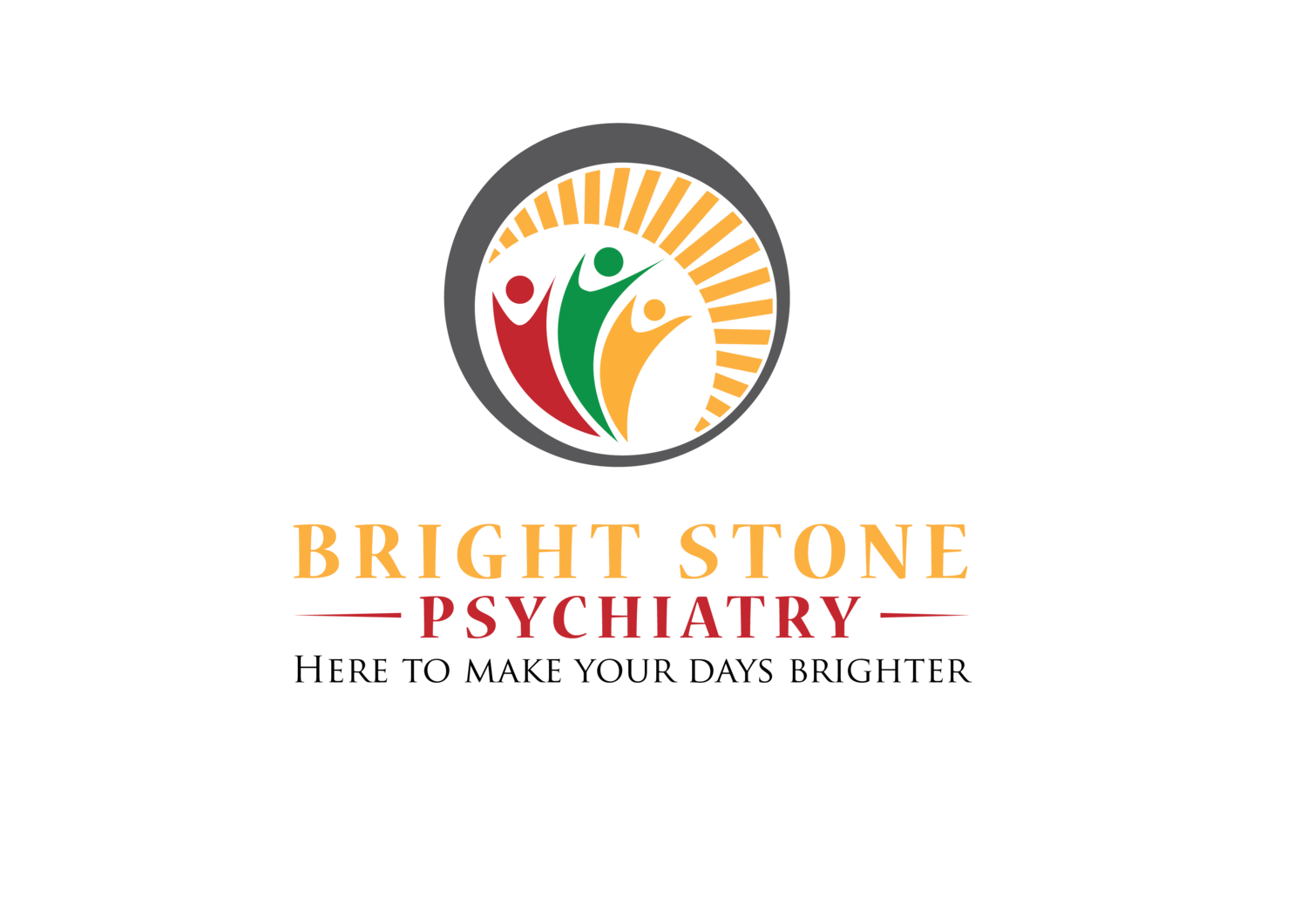What is Bipolar Disorder?
Brightstone Psychiatry
https://www.brightstonepsychiatry.com
Hello@BrightStonePsychiatry.com
Bipolar disorder is a complex and often misunderstood mental health condition that affects millions of people worldwide. At Brightstone Psychiatry, we are committed to providing comprehensive information and compassionate care for individuals managing bipolar disorder. Understanding this condition is the first step towards effective treatment and improved quality of life.
What Is Bipolar Disorder?
What is Bipolar Disorder?
Bipolar disorder is a mood disorder characterized by extreme fluctuations in mood, energy levels, and activity levels. These mood swings include episodes of mania or hypomania (elevated or irritable mood) and depression. The severity and duration of these episodes can vary widely among individuals, impacting their daily functioning and overall well-being.
Types of Bipolar Disorder
There are several types of bipolar disorder, each with its own patterns of mood episodes:
Bipolar I Disorder: This type is characterized by manic episodes that last at least seven days or by manic symptoms that are so severe that immediate hospital care is needed. Depressive episodes occur as well, typically lasting at least two weeks.
Bipolar II Disorder: Individuals with Bipolar II experience a pattern of depressive episodes and hypomanic episodes, but not the full-blown manic episodes seen in Bipolar I. Hypomania is a less severe form of mania that does not cause significant impairment in daily functioning.
Cyclothymic Disorder: Also known as cyclothymia, this type involves periods of hypomanic symptoms and periods of depressive symptoms lasting for at least two years (one year in children and adolescents). However, the symptoms do not meet the criteria for a hypomanic or depressive episode.
Other Specified and Unspecified Bipolar and Related Disorders: These categories include bipolar symptoms that do not fit the criteria for the above types but still cause significant distress or impairment.
Symptoms of Bipolar Disorder
Bipolar disorder symptoms are divided into two main categories: manic/hypomanic episodes and depressive episodes.
1. Manic/Hypomanic Episodes:
Increased energy and activity levels
Elevated or irritable mood
Excessive talkativeness or racing thoughts
Impulsivity or risky behavior
Decreased need for sleep
Inflated self-esteem or grandiosity
2. Depressive Episodes:
Persistent feelings of sadness or emptiness
Loss of interest or pleasure in most activities
Significant changes in appetite or weight
Sleep disturbances (insomnia or excessive sleeping)
Fatigue or loss of energy
Feelings of worthlessness or guilt
Difficulty concentrating or making decisions
Thoughts of death or suicide
Treatment and Management
Bipolar disorder is a lifelong condition, but with proper treatment, individuals can manage their symptoms and lead fulfilling lives. Treatment typically includes:
Medication: Mood stabilizers, antipsychotic medications, and antidepressants may be prescribed to help regulate mood swings and manage symptoms.
Psychotherapy: Therapy, such as cognitive-behavioral therapy (CBT) or interpersonal therapy (IPT), can help individuals understand and manage their condition, improve coping skills, and address relationship issues.
Lifestyle Management: Maintaining a consistent routine, regular sleep patterns, and stress management techniques can help stabilize mood and prevent episodes.
If you or someone you know is experiencing symptoms of bipolar disorder, seeking professional help is crucial. At Brightstone Psychiatry, our team is dedicated to providing personalized care and support to help individuals manage bipolar disorder and achieve a better quality of life.
For more information or to schedule a consultation, please visit our website at www.brightstonepsychiatry.com or contact us via email at Hello@BrightStonePsychiatry.com.

